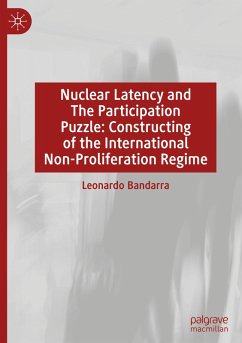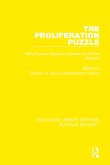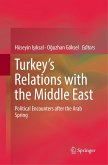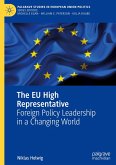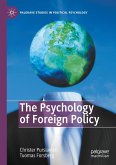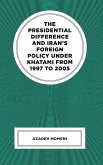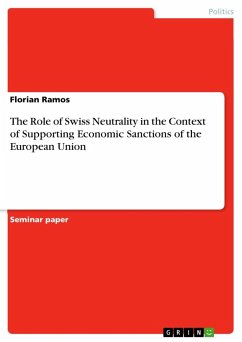Scholars and practitioners usually regard the nuclear non-proliferation regime as composed of two categories of countries - those with and those without nuclear weapons. The latter are regarded as the core designers of that regime, while the former have their prominence in shaping non-proliferation institutions eclipsed or ignored. This book proposes to go beyond that duality by focusing on a usually neglected group of states: latent nuclear countries. Those are the countries that possess advanced nuclear capabilities but no weapons.
This book shows that latent nuclear countries not only participate actively in non-proliferation institutions but also promote the creation of new frameworks highlighting concerns and perspectives different from their nuclear-weapon and nuclear-free counterparts. The author makes this argument through an intricate combination of quantitative and qualitative methods, with an in-depth analysis of Brazil and Germany as sources for case studies. He makes the case to understand the nuclear non-proliferation regime as an inclusive and refined approach that takes into consideration countries' nuclear capabilities, identities, role conceptions, and domestic structures.
This book shows that latent nuclear countries not only participate actively in non-proliferation institutions but also promote the creation of new frameworks highlighting concerns and perspectives different from their nuclear-weapon and nuclear-free counterparts. The author makes this argument through an intricate combination of quantitative and qualitative methods, with an in-depth analysis of Brazil and Germany as sources for case studies. He makes the case to understand the nuclear non-proliferation regime as an inclusive and refined approach that takes into consideration countries' nuclear capabilities, identities, role conceptions, and domestic structures.

